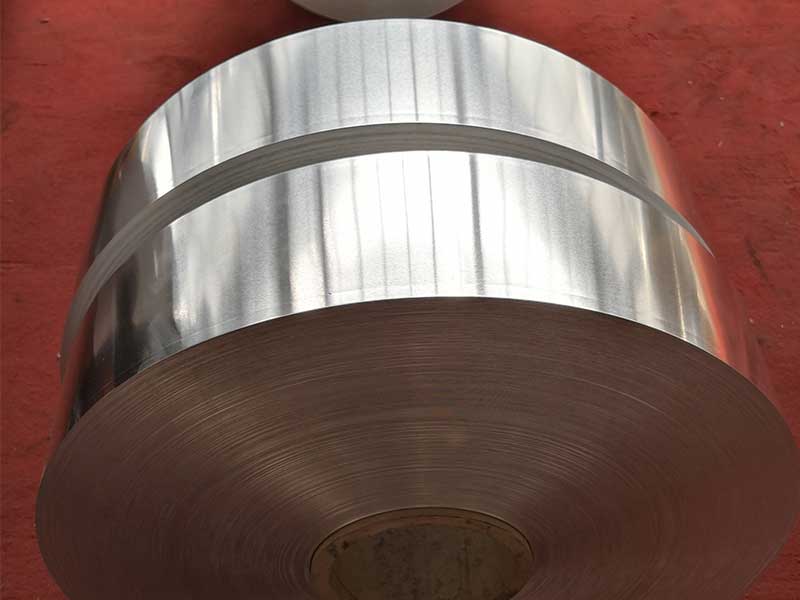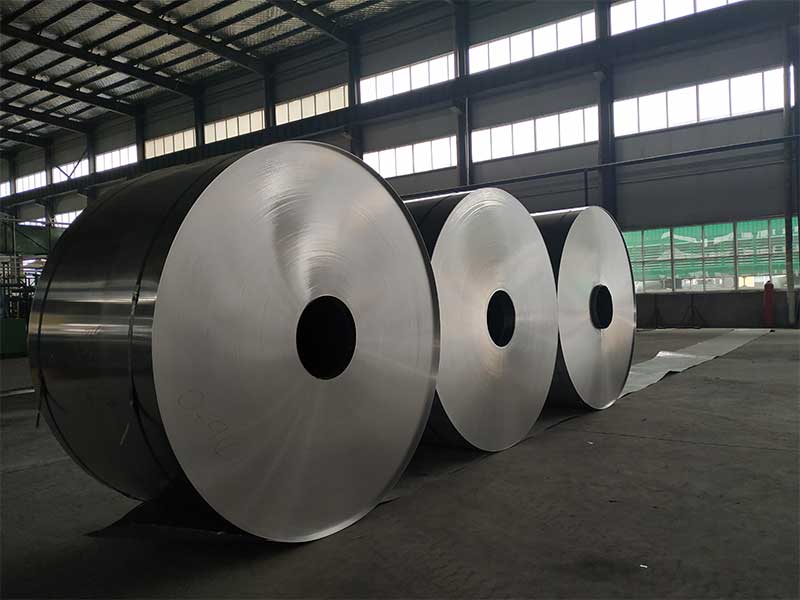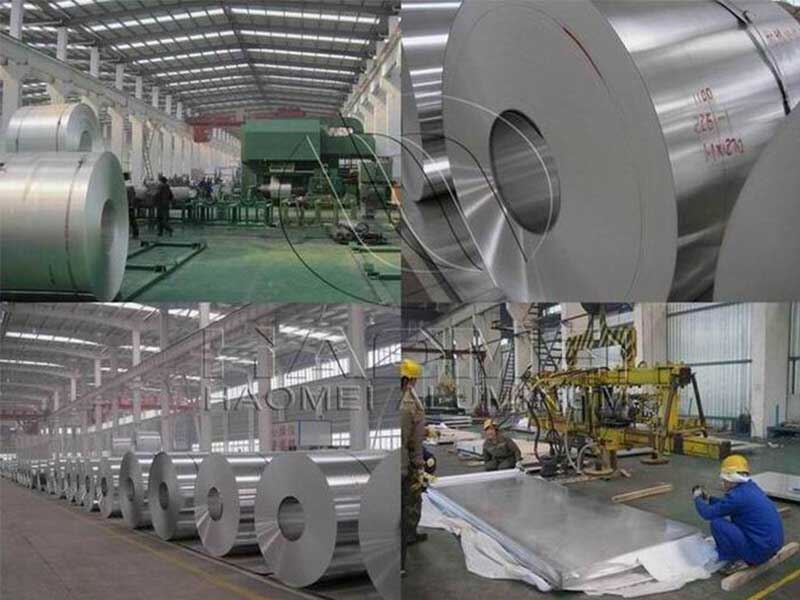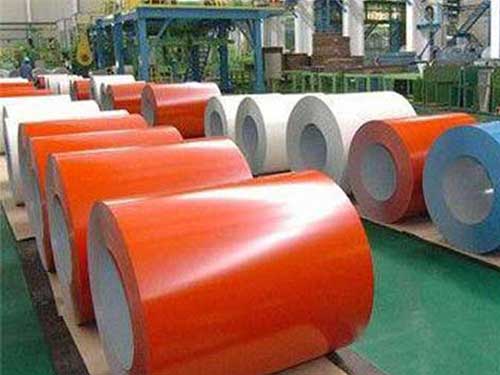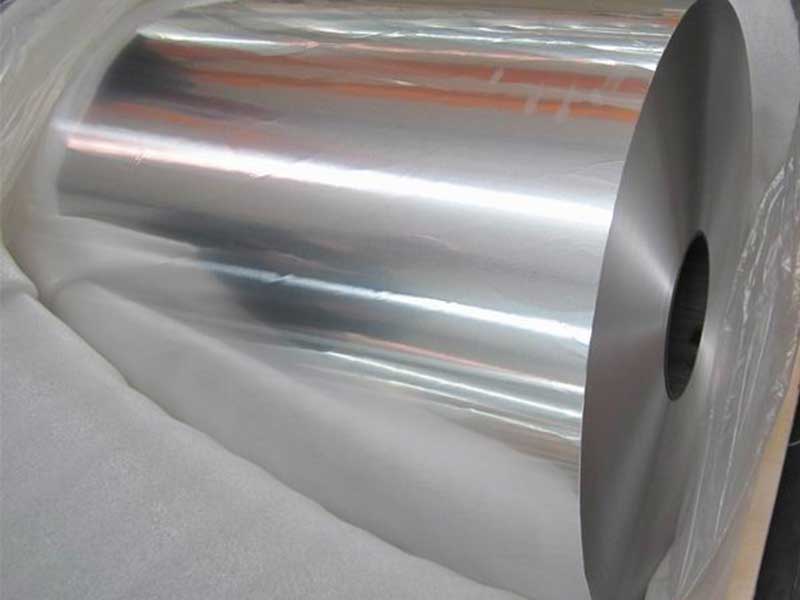Aluminum Coil 1050 1060 1100 1235
Exploring Aluminum Coils 1050, 1060, 1100, and 1235: Features and Applications
Aluminum coils are vital components in various industries, offering significant versatility and lightweight properties. In the realm of aluminum products, 1050, 1060, 1100, and 1235 aluminum coils are among the most utilized grades. Each of these alloys boasts unique characteristics and considerable application potential. This article delves into their features and the diverse industrial domains in which they are employed.
1. Overview of Aluminum Alloys
Before discussing specific alloys, it's essential to understand what differentiates them. The primary distinction between these aluminum alloys lies in their chemical composition, which influences traits such as conductivity, corrosion resistance, workability, and thickness variations.
2. Aluminum Coil 1050
Features: Aluminum Coil 1050 contains 99.5% aluminum content, offering excellent corrosion resistance and thermal conductivity. The grade is highly malleable, which makes it easy to work with for various fabrication processes.
Applications: 1050 aluminum coil is widely used in manufacturing components requiring high levels of conductivity, such as electrical transformers and capacitors. It is frequently deployed in diverse chemical and food industries due to its inert nature, driving further applications in containers, packaging, and other materials that necessitate chemical resistance and lightness.
3. Aluminum Coil 1060
Features: With 99.6% aluminum content, Aluminum Coil 1060 surpasses other alloy grades in purity, enabling efficient thermal and electrical conductivity. Its outstanding welding properties and guidance in forming processes make it a sought-after material.
Applications: The applications of 1060 coils primarily blossom in the electrical sector — think electrical covers, conductors, heat exchangers, and power cable materials. It shows its potential in the automobile industry due to fuel tank placements and trim applications as well.
4. Aluminum Coil 1100
Features: Aluminum Coil 1100 consists of 99.00% or greater aluminum content, allowing for impressive workability and corrosion resistance. While it doesn’t possess the optimal strength found in other series, its flexibility compensates unless enhanced performance measures or heavy weight retention structures are secondarily required.
Applications: Commonly utilized in domestic cooking tools such as cookware and utensils, 1100 aluminum coils demonstrate exceptional thermal conductivity under both glare and heat conditions. They are also extensively applied in the food and chemical handling industries through manufacturing processes for storage, fabrication of containers, and heat exchangers.
5. Aluminum Coil 1235
Features: Aluminum Coil 1235 has an aluminum content of 99.35% and encompasses excellent corrosion resistance and bonding capabilities. What sets 1235 coils apart is their robustness composite for stress applications and mechanical treatment diversity.
Applications: 1235 alloy serves primarily as a foil because of its unique barriers that resist fabric and external variations, making it ideal for flexible packaging. Besides food packaging, its exceptional lubricity ensures functionality - abbreviated packaging manufacturing devices, electric power applications, and external signal carrier outputs in braiding systems.
https://www.al-alloy.com/a/aluminum-coil-1050-1060-1100-1235.html


